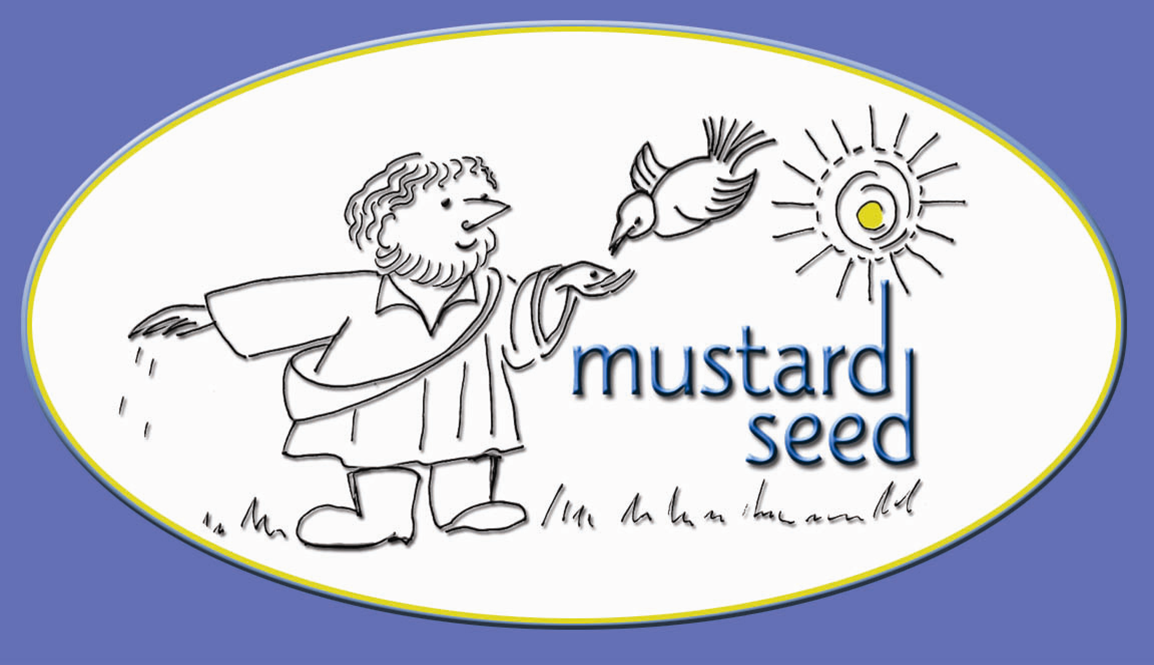"The mustard seed, which indeed is smaller than all seeds but, when it is grown, it is greater than the herbs, and becomes a tree, so that the birds of the air come and lodge in its branches."
Methodology:
The process is the same for all year groups in so far as it works; large groups, smaller group large groups. The purpose of this methodology is to ensure a sense of safety in a limited openness. To explore the theme with them, as identified in the group and follow that with proper closure which avoids the student going home in a vulnerable or emotionally charged state. All of this needs also to be in an atmosphere of fun and trust. The method is a development on the Psycho-social method (Training for transformation; Paulo Freire)
Session One - Others:
Aims to establish a trust and allows the team to assess and to interact with the existing group dynamic. In some cases it is necessary to challenge that dynamic in order to progress the day. This can lead to working through a problem with the group and in that event the second session can be squeezed to a shorter timeframe.
The tools used fall broadly into the remit of icebreakers but they serve a much more important function in seeing the underlying group processes. (This acts as a codification of their experience) The session is usually drawn together through a story and or contemporary song that reflects appropriately the theme as identified. In older groups, especially on a 2-day retreat we will spend longer in the large groups using Affirmation cards and sometimes the ‘Invisible friend’ concept where the student is asked to be an invisible friend for the 2 days to someone. (The identity of the invisible friend is disclosed in the final session day 2.)
Session Two - Self:
This session varies from year to year to try to take account of their development. Other meaningful issues are also addressed as they arise. We always try to address the group based on their experience and how they present themselves on the day. So while the outlines below are good examples, every group is different and every group will be dealt with as individuals. What they present, not what we expect is the key thing.
Often (though by no means exclusively!) the themes that arise include:
Session Three - God:
Final session is always based in meditation allowing them to foster their relationship with God. It concludes with a paraliturgical input from us to help them understand the meditation an identification of the parallels in the process to the mass an explanation of our symbolic centrepiece and sometimes affirmation cards if they haven’t been used before. We try to get and give some feedback from them and us. We always conclude with a thought-provoking poem.

